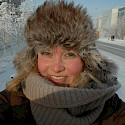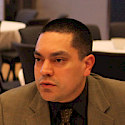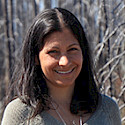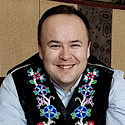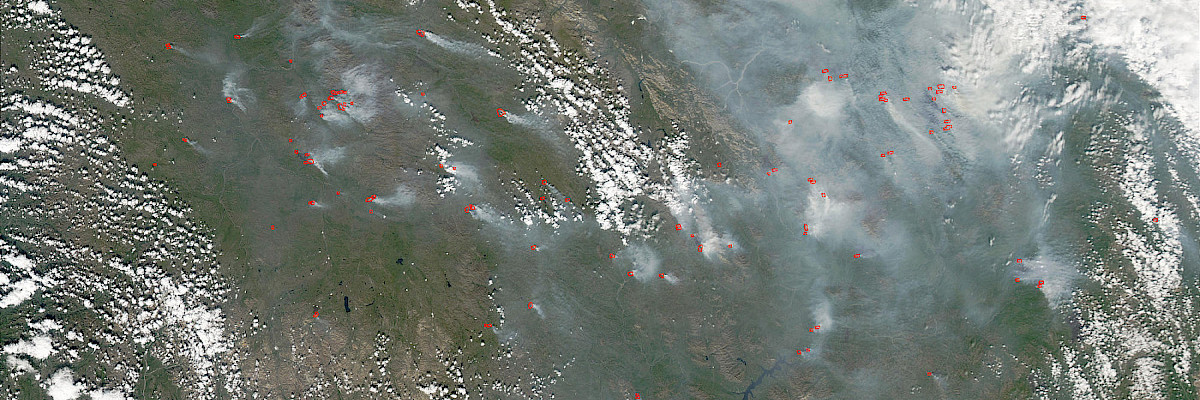
Arctic Wildland Fire Ecology Mapping and Monitoring Project (ArcticFIRE)
ArcticFIRE to improve the understanding of fire ecology, the impacts in Arctic States and communities, and to reduce the threat of catastrophic wildland fires.
ArcticFIRE seeks to promote the conservation and sustainable use of Arctic flora and fauna by mapping annual acreage burned, and developing an annual digital Arctic Fire Monitoring Journal that includes relevant Arctic fire ecology and fire-related Indigenous Knowledge research, and to evaluate the impacts of wildland fires on Arctic ecosystems, air quality, and climate change.
Wildland fires are increasing in frequency, intensity, duration and expanding into new areas of the Arctic. The 2018 summer season saw unprecedented wildland fire activity in Sweden, Greenland and Chukotka. Russia and the United States have seen increased fire activity in the north, with significant taiga and tundra burns becoming increasingly more common over the last two decades.
Wildland fire has become not only more destructive, but it has become a significant driver of carbon release and thus climate change in its own right. Wildland fire can release significant amounts of black carbon and have profound effects to air quality. There needs to be a greater understanding about the long term impacts of wildland fire on northern ecologies particularly with its effect on climate change drivers such as carbon and methane release in the post-fire environment, and its impacts on permafrost and soil stabilization, in order to improve modeling in the future.
Wildland fire can have profound effects on Indigenous communities, harvest of traditional foods, transportation, and sustainability. Gwich’in communities have been profoundly impacted by wildland fire, having more acreage burn in their traditional homelands than in any other region of North America in the last 20 years. Migrating caribou, and other migratory species are affected by wildland fire, and there are biodiversity concerns where fire meets critical terrestrial habitats, and that interface needs to be better understood.
 Arctic Council Working Group
Arctic Council Working Group 